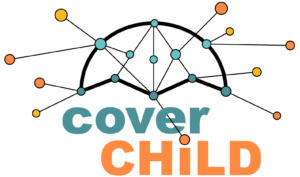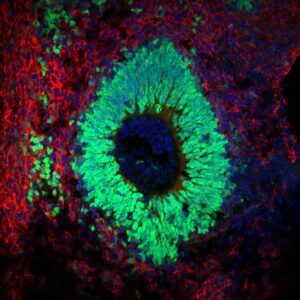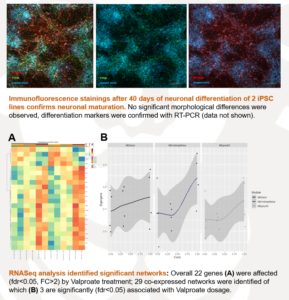
COVID-19 research platform for children and young people
coverCHILD deals with the unique situation of children, young people and their families in times of the coronavirus pandemic.
coverCHILD is a joint project within the Network of University Medicine (NUM) and is funded by the Federal Ministry of Education and Research (Research Network of University Medicine on Covid-19, FKZ: 01KX2121). The NUM combines the strengths of 36 university hospitals in Germany.




